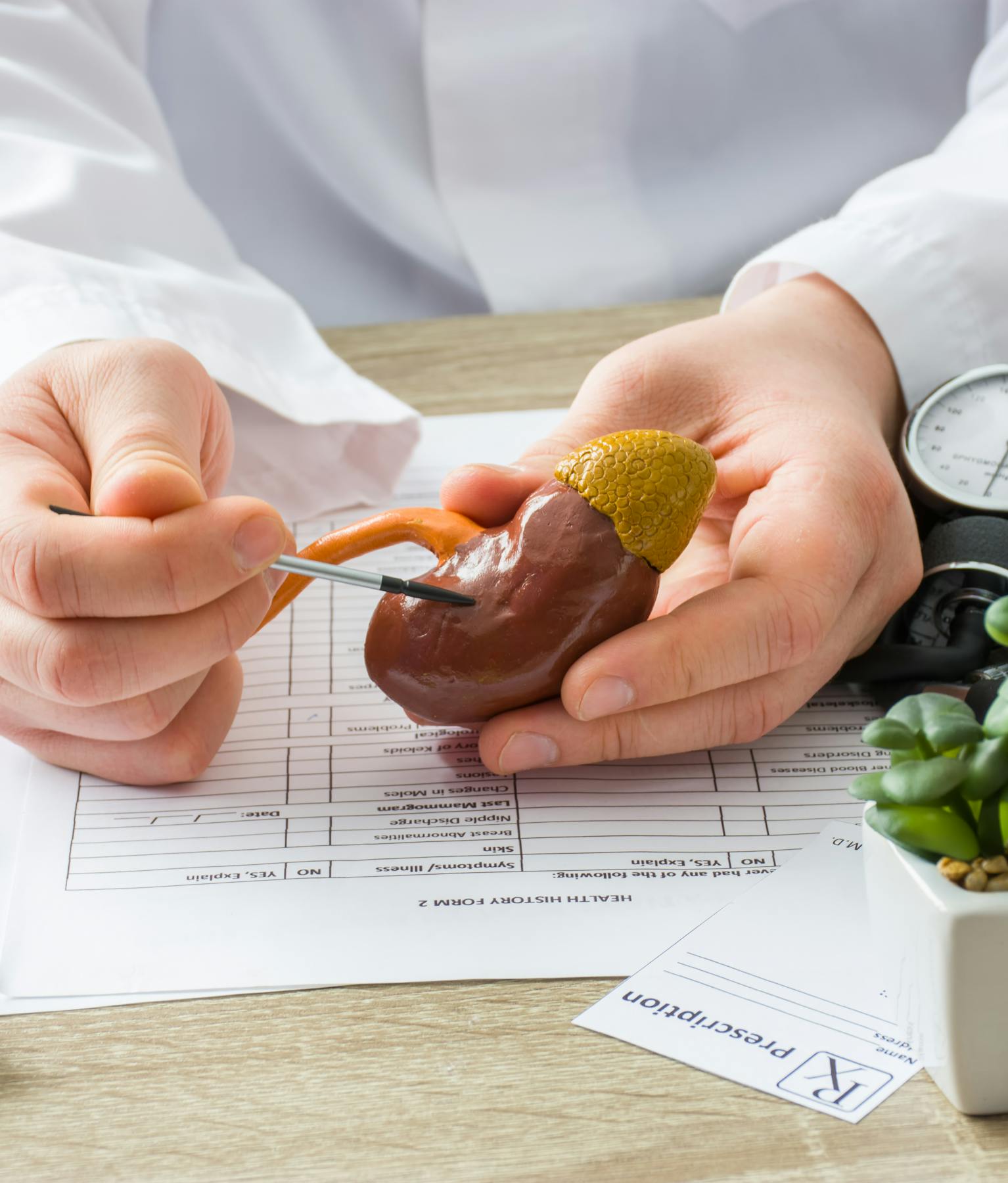
All patients receive general advice upon discharge from the hospital. In case of increased risk, a referral to a nephrologist will be made to find the cause and give appropriate preventive advice. Low-risk patients can also consult a nephrologist if they wish.
The most effective remedy against kidney stones is to drink a lot. The more fluids you take in, the lower the concentration of the risk substances that can form crystals in the urine. Diluting the urine prevents the formation of crystals. In order to achieve this goal, you need to consume approximately 2.5 to 3 litres of liquid daily.
Urine should be light yellow in colour. It is important to spread your fluid intake throughout the day and preferably also over the night so that your urine does not become too concentrated. When you get up during the night to pee, it is best to drink a glass of water afterwards. The concentration of crystals is usually highest late at night.
In hot weather, fever, diarrhoea, vomiting or physical exertion, you need even more fluid.
A normal calcium diet, with little animal protein (meat, fish and eggs) and limited use of salt are important dietary recommendations for everyone, regardless of the type of kidney stone. A varied diet with plenty of fruit and vegetables is also recommended.
Most kidney stones contain calcium. However, there is no point in limiting your calcium intake. On the contrary, it seems to have a detrimental effect on the formation of kidney stones and, moreover, to promote osteoporosis (the brittleness of the bones).
A high intake of animal protein (meat, fish, eggs) results in increased urinary excretion of calcium, uric acid and oxalate. Limit your meat consumption to about 250 grams a day.
Salt restriction is necessary because salt increases the excretion of calcium in the urine. In principle, a maximum of 2 grams of sodium/day or 5 grams of salt/day is recommended.
Citric acid inhibits the formation of crystals in the urine. Therefore, it is recommended to eat plenty of fruit such as kiwis and citrus fruits. A varied diet with 2 pieces of fruit and 200 grams of vegetables per day is recommended. Taking a high dose of vitamin C supplements is not recommended.
Obesity increases the risk of kidney stones. Slimming down can have a positive influence on this.
A lack of exercise or a sedentary lifestyle results in a negative calcium balance. Exercise enough